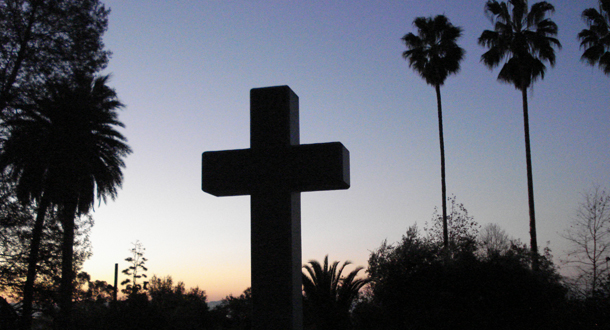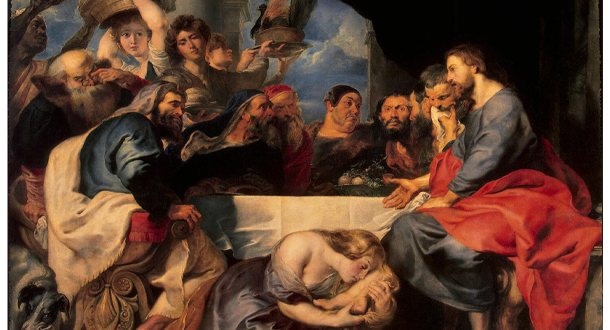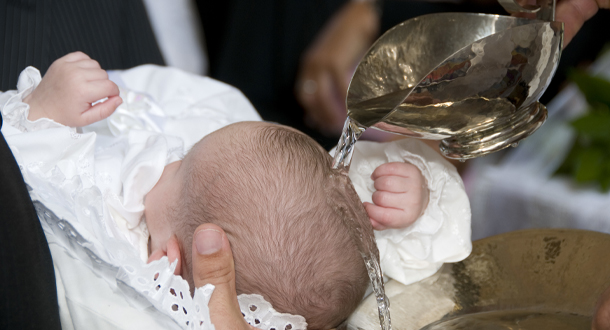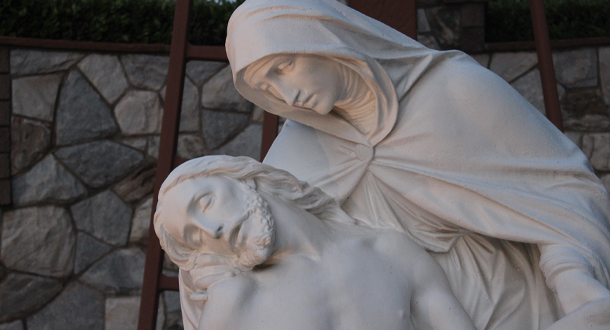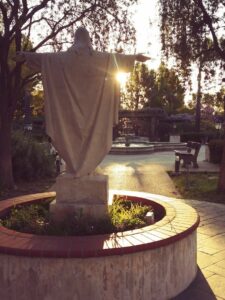
Scripture:
Reflection:
In today’s Gospel reading, we hear Jesus tell a parable about a sower and the seed he sows in various areas. After He tells the parable, Jesus explains it to His disciples. The seed is the word of God, and the various areas correspond to the various ways in which people respond to God’s words.
What I’d like to focus on is the last category of seed. Jesus says: “But as for the seed that fell on rich soil, they are the ones who, when they have heard the word, embrace it with a generous and good heart, and bear fruit through perseverance.” Of course, we are called to embrace the word and bear good fruit. But maybe the perseverance Jesus is talking about is not only perseverance through tough times or, as the first readers of Luke might have understood it, persecution.
Perhaps Jesus is also talking about a perseverance with ourselves. For instance, there may have been times when we may have let the “anxieties and riches and pleasures of life” keep us from embracing God’s word as fully as we would like. But by the grace of God, we don’t need to be stuck among the thorns! God can lift us up out of anxiety. The challenge might be whether we are willing to be lifted up out of being seduced by things that don’t last. If we are willing to come closer to God, and keep striving to bear good fruit, we can do so with trust that God will persevere with us.
May we embrace God’s love in Jesus Christ. May we embrace God’s word and bear good fruit.
Fr. Phil Paxton, C.P., is the local superior of the Passionist Community in Birmingham, Alabama.

